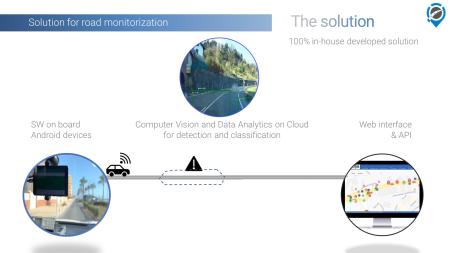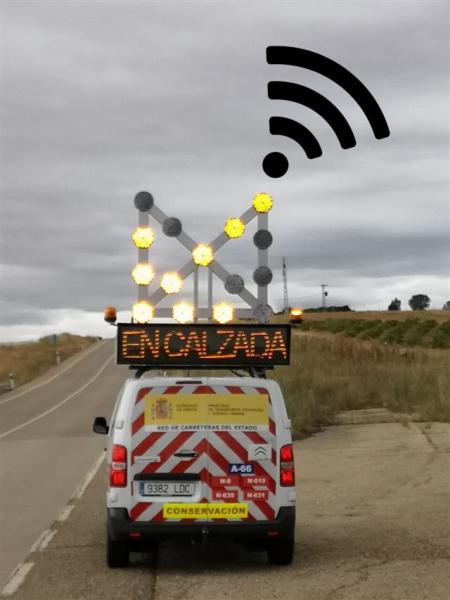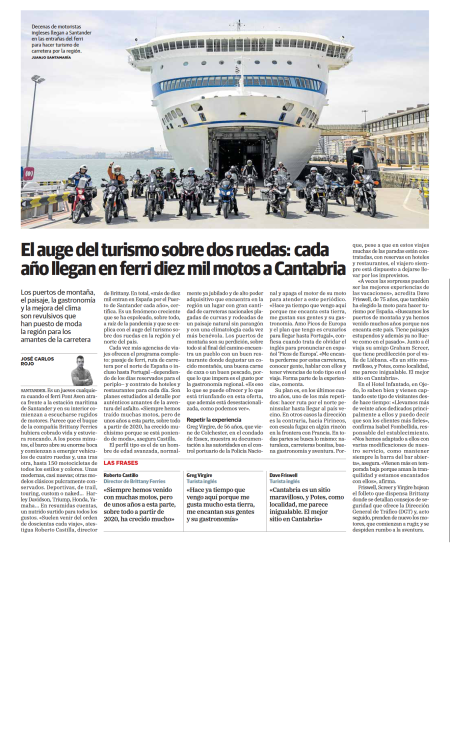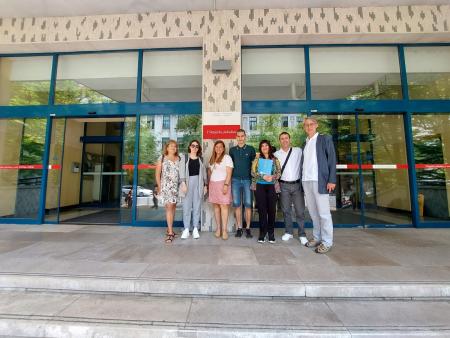According to the 2023 report from the Spanish General Directorate of Traffic (DGT), run off accidents are the accidents with the highest fatality rates (42% of the total). This figure has seen no improvement in the last five years, but has actually worsened slightly.
With the objective of finding solutions to this serious traffic, social and health problem, and aligned with the EU-supported ‘Vision Zero’ strategy, Metalesa has led pioneering scientific research in cooperation with the University of Valencia.
Using official accident data from police databases, up to 56,607 run off accidents with victims were analysed. One of the conclusions is the need to install approved vehicle restraint systems (passive road safety), while the other main conclusion is that installing them with embedded new Intelligent Transportation Systems (ITS) technologies may prevent up to 43.5% of all run off accidents (active road safety).
Armed with these results, Metalesa has developed a versatile and innovative technology system, PLUG&META®, that integrates into any road equipment and – through a network of sensors – is able to detect risk scenarios on the road, warn users in real time of hazardous situations and report the data to the competent authorities.
PLUG&META® allows any existing passive equipment to be transformed into smart and connected ones. This is what we call “Active Road Safety for infrastructure”. It is easy to install, affordable, and versatile enough to be incorporated into any road system equipment. It prevents run off accidents by identifying risks in real time and signalling them in order to alert road users. Some of the main risks that can be detected and warned about include:
- Crashes against the equipment
- Problematic time zone
- Limited or reduced visibility
- Risk of ice on the carriageway
- Strong gusts of winds
- Presence of cyclists, pedestrian or animals on the road
- Excessive speeds
- Nearby traffic jams
- Roadworks
- Tight or dangerous bends
- Coordination with traffic lights
All data and control of the different uses and configurations of the technology is via the PLUG&META® TRACE platform. This management platform allows municipal or road administrators to monitor the different smart infrastructures from anywhere thanks to its remote connection.
Through the platform, administrators can check the correct functioning of each device, the road safety alerts that have been registered, the signalling method for each risk scenario, the road safety statistics generated by the smart infrastructures, user and role management and alert validation, among other options. It is a responsive platform, which can be used remotely on any device with an internet connection.
It also allows integration with other third-party management platforms already used in the administrations.
The technological system described and proposed for the award is totally innovative worldwide for its ability to integrate (in a simple, effective and economical way) all these features in a single device at the same time, simply using a plug&play connection for the sensors, those that each administration needs in each scenario.
With this solution, any road administration, and society in general, would have a wide and varied network of equipment available that can ensure the safety of users autonomously and in real time, signalling only those situations that pose a potential risk.
Roads therefore become a safer, dynamic, interactive, protected environment, which will contribute to reducing the number of road accidents.
In summary, the innovative system described above is composed of two well-structured and coherent axes: scientific-technical research on run off traffic accidents + innovative and patented digital technology that provides the infrastructure with Active (preventive) Road Safety. This is an important step in the roadmap towards Smart Roads, facilitating modal coexistence between users, and contributing to reducing the likelihood of run off accidents, which, as previously mentioned, is one of the most serious problems for road safety, as it is the type of accident that causes the most victims each year in Spain and Europe.







